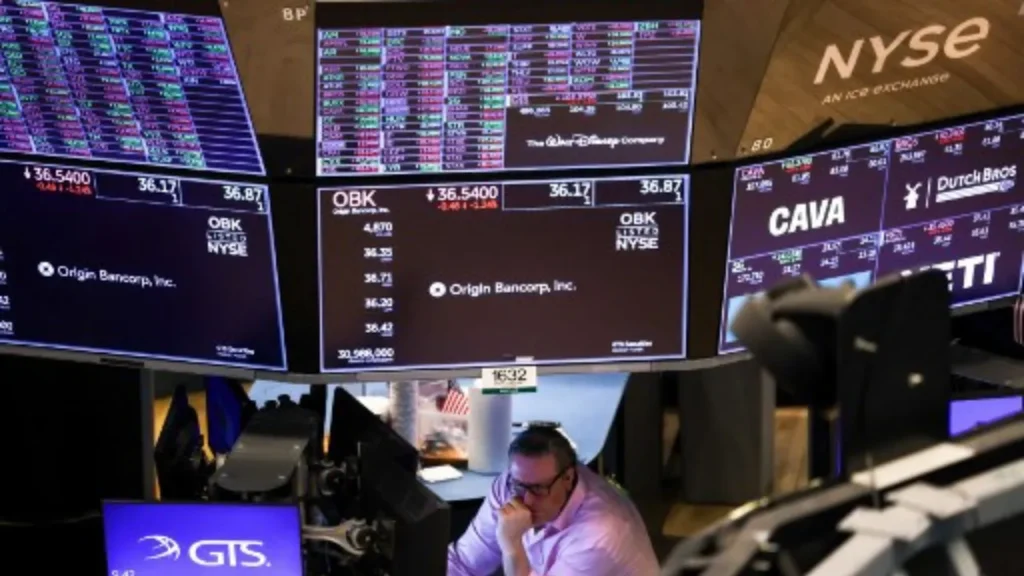The Initial public offering (IPO) market was expected to see a resurgence during Donald Trump’s second term, fuelled by his promises of deregulation and tax cuts, which were anticipated to encourage tech companies to go public.
However, early signs suggest that the market is not responding as hoped. This weakness was demonstrated by the underwhelming debut of CoreWeave, a leading GPU supplier for AI workloads.
The company’s IPO was downsized, and its stock showed little movement on its first day of trading. This reflects broader market scepticism about the current economic environment.
IPO market stalls amid Trump’s trade wars
Despite a surge in private capital, the IPO market has remained tepid. Coreweave’s weak performance highlights concerns about high levels of debt, concentrated revenue from a few large customers, and the broader macroeconomic challenges, including Trump’s trade tariffs and deep government spending cuts.
These factors have increased costs for businesses, while rising unemployment and inflation dampen consumer sentiment.
As a result, investors remain cautious, particularly in the tech sector, which has already seen a sharp decline in 2025.
Although there is still significant private investment flowing into startups, especially in AI, many high-profile companies seem less inclined to pursue public listings when they can secure funding from venture capital or large tech firms like Microsoft and Nvidia.
/wion/media/media_files/2025/03/11/scTydpXVoJ58UhgCf3v7.png)
This reluctance, combined with ongoing market volatility, suggests that the IPO market may not bounce back quickly, despite the optimism many expected after Trump’s policies were enacted.
Until broader economic conditions stabilise, it appears that the IPO market will continue to struggle to regain its momentum.



